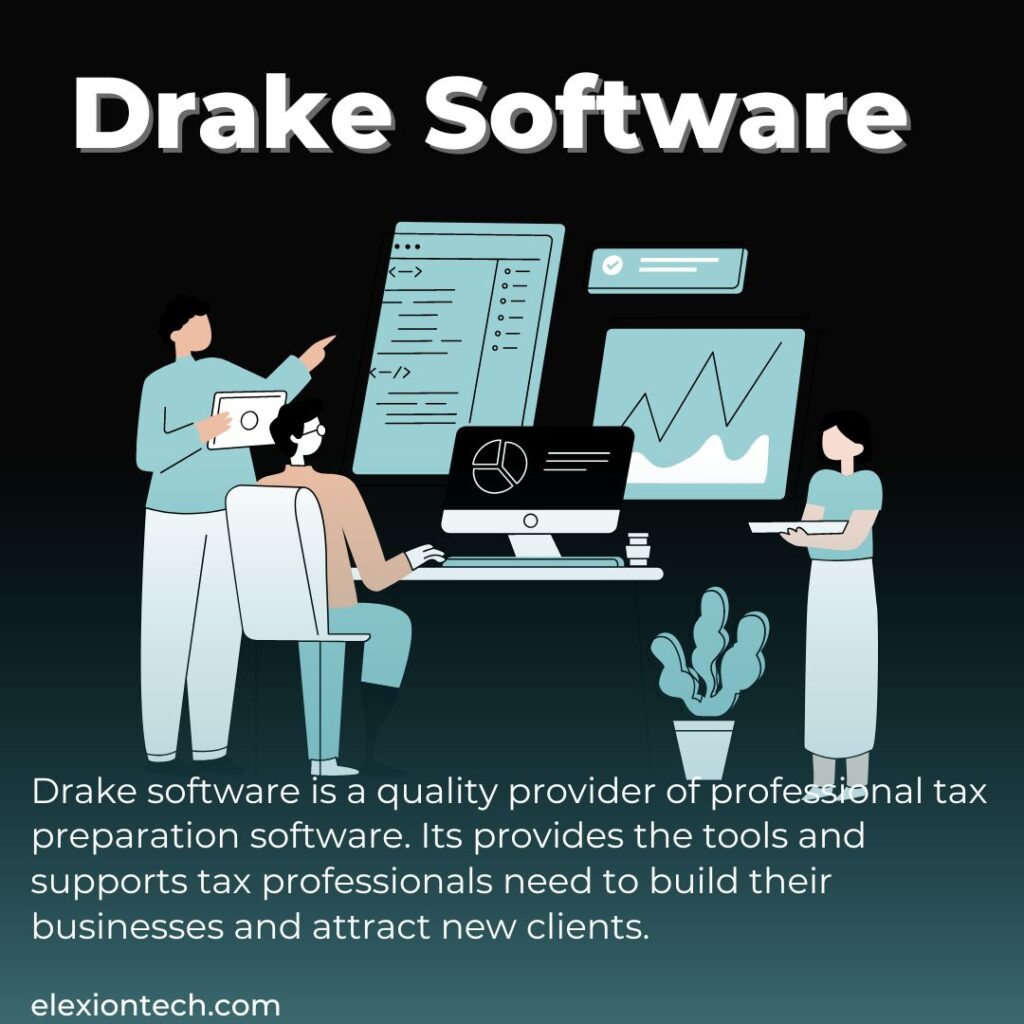How to become a Software Developer

The unsung heroes of the digital industry are software developers. Their abilities—as well as the marvels of contemporary engineering, of course—allow our gadgets to transcend their silicon and plastic casings and transform into the indispensable instruments of our day.
The work that these programmers do may appear intimidating or even unfathomable from a distance. However, even for those with little to no prior industry experience, it’s now easier than ever to enter the software engineering business because to the proliferation of computer science education and training alternatives. All you need is a good dose of ambition, diligence, forethought, and flexibility.
The software developer is at the epicenter of this technological revolution — a multifaceted individual who combines the roles of idea generator, inventor, editor, and deliverer. There are also more jobs in the software development industry than ever before as a result of businesses realizing the amazing value that these professionals bring to the table when it comes to assisting firms in achieving their expansion objectives. This guide explains what it means to be a software developer, how to get into the field, what qualifications are required, how much a software developer typically makes annually, and the career prospects for those in the field.
What Is a Software Developer?
Software Developer, either alone or in teams, are responsible for almost all of the computer programs, phone apps, and digital features found in almost all contemporary gadgets. Software development that is both efficient and progressive has enabled the back-end programming that powers many aspects of our life, including the methods in which we currently communicate.
Software developers are responsible for many of the most significant inventions, widely used products, and applications of the twenty-first century. Their vision and dedication are truly inspiring.
There are software developers in almost every business. Software developers create useful programs that assist businesses in achieving their objectives and enhance the lives of individuals. They work alone or in teams with other skilled experts to create anything from banking to video games to automotive applications.
Additionally, developers employ a variety of digital technologies to make sure that the programs they create function, that users can access and interact with them, and that their businesses get the best return on investment.
Software developers work in various hardware contexts in this role. Programmers working on an application for a smart refrigerator will operate in quite different hardware conditions than those developing software for film editing. Software engineers have a great deal of flexibility in where, when, and how they work because of these various focuses.
While some developers dedicate endless hours to writing programs that optimize or clean up database storage, others can focus on developing state-of-the-art design frameworks that can be utilized by other developers. To put it another way, software developers generally write programs or pieces of code that solve problems of some kind.
Software Developer Job Description
Software developers’ standard work responsibilities will be to create, write, revise, debug, and execute code, while specific developers may have varied emphasis based on the industry and project scope. This code could be added to an already-existing project or it could be the entirety of a brand-new software. Usually, developers collaborate with other software experts, project managers, designers, and business stakeholders to produce unique software or fix issues with existing systems.
Centrally, developers will design, implement, actively test, and do performance evaluations for programs, apps, and software. Functional code can be created, delivered, and maintained by developers through collaborative teamwork. Software engineers also have a wide range of other duties, such as:
- Program adjustments to address issues or upgrade out-of-date software.
- Provide system testing as a means of verifying programming practices.
- To help other members of the development team with the coding process, provide code documentation.
- Write code that satisfies standards for organizational performance.
- Debugging and troubleshooting programs can enhance software performance.
- Evaluate the original programs’ or codes’ efficacy for quality assurance.
- Work together with other departments or team members to fix software bugs.
- To adjust to changes in the industry, work independently to advance your programming abilities.
It’s crucial to remember that a software developer’s daily tasks will mostly remain the same, even though professionals in various industries could have distinct duties. Since most jobs for software developers are project-based, their employers assess them based on the quality and timeliness of the work they produce.
Developers will have a far higher chance of getting promoted and taking on leadership roles in the industry if they can provide high-quality, optimized, and debugged code that is delivered within the project’s deadline.
Software Developer Skills

Regardless of the field or industry, software developers must acquire specific skills during their education and training in order to succeed in their careers. It is possible to acquire both hard and soft software development skills on your own or by studying under qualified experts in the industry. To be successful in their position, developers need to possess the following abilities.
Algorithmic Problem Solving
Algorithms and data structures are widely regarded as the fundamental components of programming. Having a solid foundation in algorithmic problem solving will frequently make all the difference for a software engineer, both during the interview process and in the workplace. Developers should use arrays, lists, sets, and maps as basic data structures in their code.
Through the adoption and utilization of these algorithmic data structures, developers will be able to store, retrieve, and alter program information more efficiently and optimally.
Creativity
The ability to utilize original ideas to solve challenges is a skill that the most successful software engineers possess. Everyone involved in the software development process benefits from creativity. For developers, a more meaningful project can come from writing more creative code for more innovative ideas. More inventive methods frequently translate into better software with greater performance for stakeholders.
Furthermore, programs with higher levels of inventiveness are likely to be well-received by users and offer a more engaging experience. Lastly, there are a plethora of distinct paths that programmers can take to eventually arrive at the same solution. Developers with greater creative energy will probably provide more innovative and superior solutions overall.
Programming Languages

Developers must possess a thorough understanding of the syntax and function of the most widely used languages, depending on the kind of software or applications they will be developing. Among them are:
- Java
- Python
- R
- HTML
- CSS
- C++
- SAS
- SQL
- Tableau
It is the developer’s duty to offer cleaner, more efficient code because apps and programs often perform better when this is done. Programmers can create software that is more valuable, easier to change and update, and probably easier to use when they have a better understanding of the limitations and goals of the language they’re coding in.
It is best advised that aspiring developers discover how crucial a programming language’s syntax is to development by selecting a popular language. Furthermore, by focusing on a single programming language, budding developers can better comprehend its applications and determine whether or not those applications correspond with their career objectives.
Object-Oriented Programming
Object-oriented programming is perhaps the most widely used type of programming, excluding logic- or function-based programming. Developers may construct programs that carry out certain tasks when they understand how to generate and work with classes and objects in their code.
The principles of object-oriented programming are typically used by educators to impart the fundamentals of coding in languages like Java, Python, or C++. Additionally, developers that are proficient in object-oriented programming will be able to work with different types of programming, which will lead to new opportunities for complex problem-solving.
Database Management
Apart from being acquainted with or comprehending object-oriented programming, developers must to possess some degree of expertise in database administration. Developers can gather and organize bigger data sets and carry out table design tasks using languages like SQL.
Every software professional needs to at least be somewhat proficient in using the fundamental features of databases, even if they have no long-term professional interest in maintaining or working with databases.
Understanding the Basics
Prior to starting your career as a software developer, you must establish a strong foundation by being aware of the fundamentals. Learn some programming languages, such as Java, C++, Python, or JavaScript. Work your way up to more complex concepts gradually by beginning with tutorials that are geared at beginners.
Choosing a Specialization
Software development is a broad field with a myriad of subfields to delve into. There’s a niche out there for you whether you want to work in game development, data science, web development, or mobile app development. Spend some time investigating various specializations, thinking about your hobbies and professional objectives, and selecting a course of study that suits your desires.
Education and Training
A formal education can offer you a competitive advantage, even though it’s not always necessary for a career in software development. Think about enrolling in a respectable university to get a degree in software engineering, computer science, or a similar discipline. For individuals that want a more flexible learning style, there are lots of online courses, bootcamps, and self-study tools accessible.
Building a Strong Foundation
Practice makes perfect, as they say. Work on simple tasks to begin honing your talents, then progressively increase their complexity. Try out various technologies, frameworks, and tools to increase your skill set and understanding. Creating a portfolio of your work can help you showcase your skills to prospective employers and act as a great tool for introspection and personal development.
What Level of Education Is Required to Become a Software Developer?
Most software development jobs will probably need a degree. The majority of employers will ultimately select a candidate who has finished an undergraduate or graduate school in a field relevant to computer science, even though others will decide that more job experience or specific training suffices as a replacement. However, some applicants’ suitability for certain leadership roles will depend on their degree level.
The majority of entry-level developer positions will consider candidates with at least a bachelor’s degree. Candidates can demonstrate to prospective employers that they have the technical expertise and critical thinking abilities necessary for the role by earning an undergraduate degree.
Furthermore, the majority of recognized computer science-related programs place a strong emphasis on imparting practical, technical abilities that future developers can apply in their field of work. Because most developer roles have a minimum bachelor’s degree requirement in their job description, employers are aware of these constraints.
Employers typically demand a Master’s degree in data science or a closely related field, or a significant amount of relevant, applicable job experience, from candidates seeking leadership roles in software development. Employers will be more inclined to believe individuals who can substantiate their graduate study degree than those who cannot, since it often indicates a refined, specialized understanding in a particular area of software development.
Software Developer Salary
As one of the most sought-after roles for businesses and organizations in almost every sector, software developers often make a good, comfortable living. Software developers usually receive very good pay for the value they add to their work across the nation. As of May 2021, the Bureau of Labor Statistics (BLS) reports that the median income for software developers is $120,730. Significantly, this number accounts for all software development positions in the nation.
Developer jobs may pay more than those in rural areas if they are located in densely populated urban areas with greater cost of living. The highest-paid developers can make over $168,570 year, according to the BLS, while the lowest 10% of developer professions have been estimated to pay about $64,470. This more detailed set of data closes some significant gaps about the average pay for software developers.
Conclusion
In summary, a career as a software engineer is fulfilling and full of chances for advancement and creativity. You may make a successful profession out of your passion for technology by following these steps and being dedicated to your craft: software development. So, why do you hesitate? Take up coding now to leave your impact on the software development industry!
Read More


